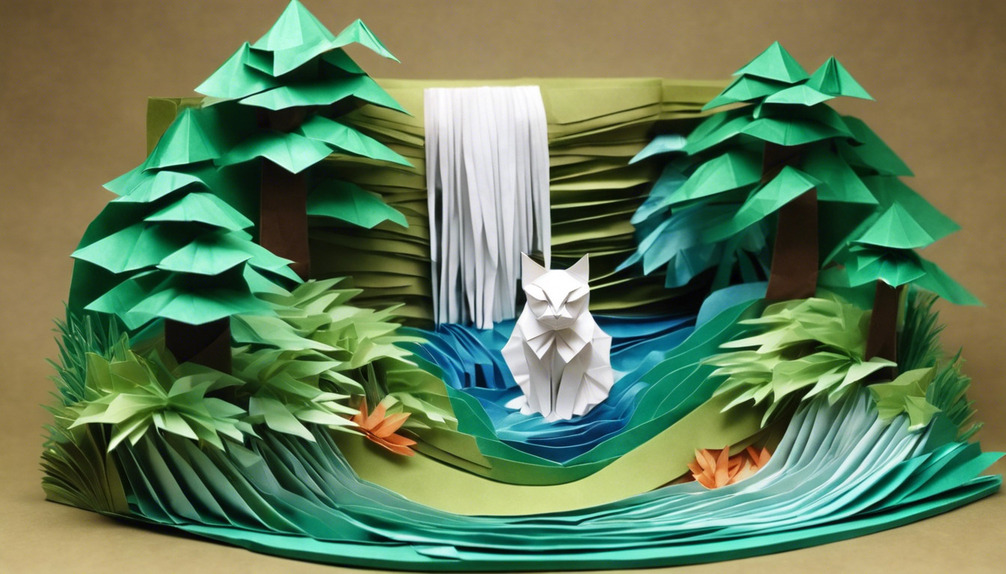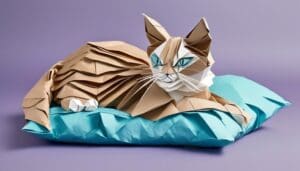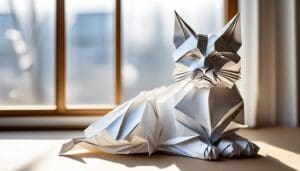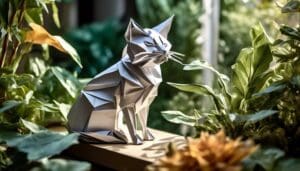You’ve observed that your older cat spends a lot of time near their water bowl without drinking from it. This situation can be confusing because it’s important for your senior cat to stay hydrated, but getting them to drink water can sometimes seem difficult.
Don’t worry, though, because there are some simple yet effective strategies you can implement to encourage your cat to drink more water.
Let’s explore three hydration tips that can make a real difference in your older cat’s well-being.
Key Takeaways
- Adequate hydration is crucial for maintaining the overall health and well-being of senior cats.
- Monitoring water consumption and urine output helps identify signs of dehydration, which may indicate underlying medical conditions.
- Providing clean and fresh water in easily accessible locations and regularly cleaning water bowls is important to encourage drinking.
- Incorporating wet food into a senior cat’s diet can help increase water intake and support kidney function and urinary tract health.
Hydration Needs for Senior Cats
Ensuring adequate hydration for senior cats is crucial for maintaining their overall health and well-being. As cats age, their hydration needs become increasingly important. Older cats are more prone to dehydration due to various health issues and decreased water consumption.
Encouraging drinking is essential to keep your senior cat properly hydrated. You can achieve this by providing clean, fresh water at all times and using methods such as pet water fountains and flavored broths to entice them to drink more.
Monitoring your cat’s water consumption and urine output is vital in identifying any signs of dehydration. Dehydration in your cat could be an indication of serious underlying medical conditions such as diabetes, hyperthyroidism, or kidney disease. It’s crucial to address dehydration promptly by providing fluids under the skin if recommended by your veterinarian.
Creative Strategies for Encouraging Hydration
To encourage hydration in your senior cat, try incorporating enticing water sources and flavors into their daily routine. As cats age, they may become more finicky about their water intake, making it crucial to find creative ways to keep them hydrated.
Here are some strategies to help ensure your older cat is drinking enough water and maintaining their overall health:
- Invest in a Cat Fountain: Older cats are often attracted to running water, and a cat fountain can pique their interest in drinking. The sound and movement of flowing water can encourage them to take more frequent sips throughout the day.
- Flavor the Water: Adding a small amount of tuna juice or low-sodium chicken broth to your cat’s water can make it more appealing if they seem disinterested in plain water. Be sure to use broths that are free from onion and garlic, as these can be harmful to cats.
Utilizing Wet Food for Senior Cat Hydration
As you explore creative strategies to keep your senior cat hydrated, incorporating wet food into their diet can be a valuable addition. Wet food offers a higher water content, which can significantly contribute to your cat’s hydration levels. This is beneficial for older cats who may have decreased thirst or water intake. By offering wet food, you can help prevent dehydration and support kidney function and urinary tract health in your senior cat.
Benefits of Utilizing Wet Food for Senior Cat Hydration
- Higher water content supports hydration levels
- Encourages water intake in older cats
- Aids in preventing dehydration
- Supports kidney function and urinary tract health
Frequently Asked Questions
How Do I Know if My Elderly Cat Is Dehydrated?
You can tell if your elderly cat is dehydrated by checking for signs like dry gums, reduced urine output, and sunken eyes. Keep an eye on their water intake, urine output, and behavior changes.
How Can I Rehydrate My Cat Fast?
You can rehydrate your cat fast by offering wet food with added water, using a pet water fountain, adding flavor to their water, placing ice cubes in the bowl, or consulting your veterinarian for immediate help if needed.
Why Do Older Cats Stop Drinking Water?
As cats age, they may stop drinking water due to decreased thirst, kidney function changes, medication side effects, dental issues, or cognitive changes. It’s important to monitor their water intake and address any underlying health issues promptly.
How Do You Keep a Senior Cat Hydrated?
To keep a senior cat hydrated, offer fresh water daily and consider wet food to boost moisture intake. Regularly clean water bowls and provide multiple water sources around the house. Consult a vet for tailored advice.




